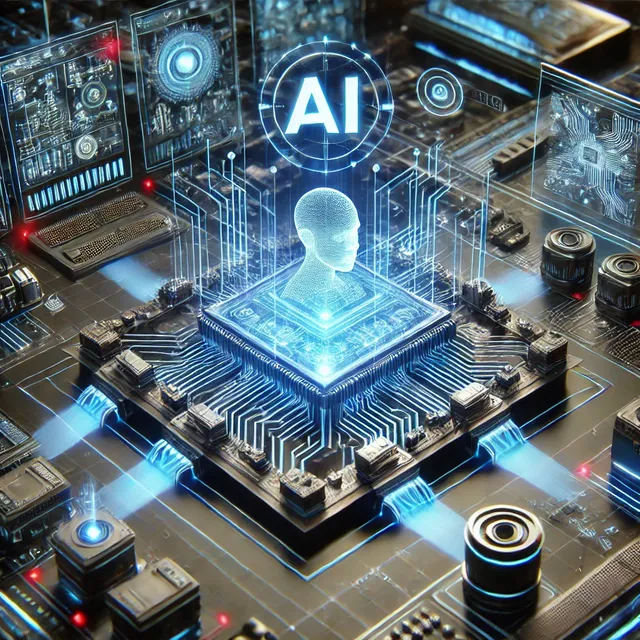Future Trends in AI-Assisted Circuit Design

Recent developments in electronic engineering have enabled the effective use of artificial intelligence (AI) in circuit design processes. Traditionally complex and time-consuming, circuit design has become faster, more optimized, and cost-effective thanks to AI algorithms. This article will explore the current state, advantages, challenges, and future trends of AI-assisted circuit design.
Contributions of Artificial Intelligence to Circuit Design
Automated Design Process: Deep learning and machine learning algorithms play an active role in the automatic generation and optimization of circuit schematics. This allows engineers to focus on more complex and innovative designs.
Optimization: Using genetic algorithms and artificial neural networks, circuit parameters can be optimized to achieve lower power consumption and higher performance.
Error Detection and Prevention: AI algorithms can detect potential errors in circuit designs early, enabling timely intervention during the design process.
Simulation and Testing: The use of AI in simulation processes ensures that designs are tested more quickly and accurately.
Challenges Faced
Insufficient Data Sets: Effective AI algorithms require extensive and high-quality datasets. Collecting and processing such data in electronic circuit design can be time-consuming.
Model Complexity: AI models developed for complex designs may require high computational power and resources.
Adaptation Process: Engineers accustomed to traditional design approaches may need time to adapt to AI-based systems.
Future Trends
AI-Assisted Automatic PCB Design: The increased use of AI in printed circuit board (PCB) design will accelerate production processes and reduce costs.
Smart Circuit Components: Circuit components operating with embedded AI algorithms will enable the development of adaptive and flexible systems.
Cloud-Based Design Platforms: AI-powered cloud-based design tools will allow engineers to collaborate on circuit design from anywhere in the world.
Energy-Efficient Designs: Environmentally friendly and energy-efficient circuits will be developed more effectively with AI algorithms.
Conclusion
Artificial intelligence is creating revolutionary changes in electronic circuit design. With advantages in automation, optimization, and error detection, AI will increasingly shape the engineering world in the future. These advancements will enable engineers to develop more innovative and efficient solutions, significantly contributing to technological progress.
Feel free to share your thoughts on this topic and comment on the future role of artificial intelligence in circuit design!